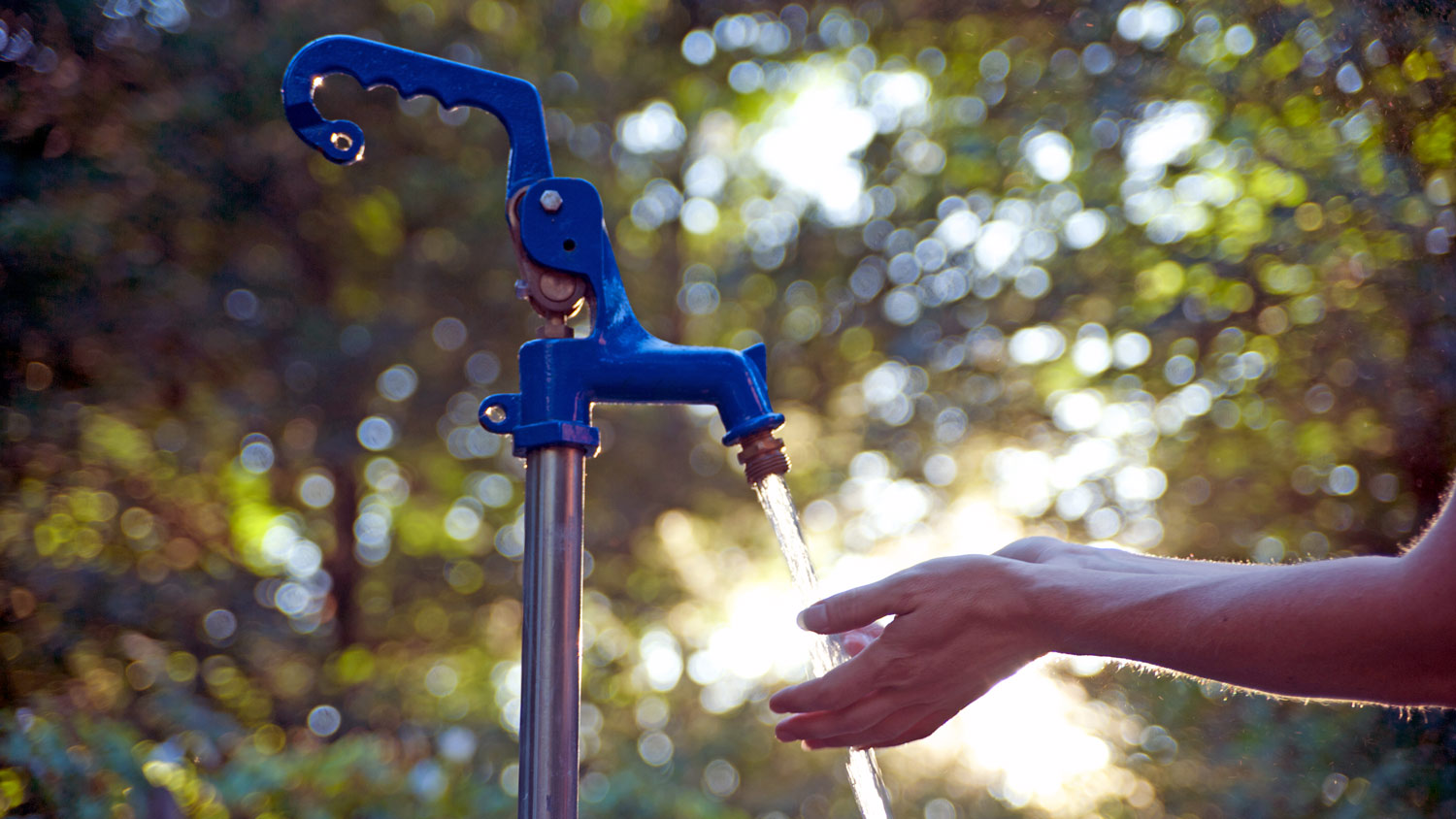
Discover how much well water treatment systems cost, including installation, maintenance, and tips to save. Get expert insights to plan your water system project.
It’s not you, it’s your water


Hard water has a high concentration of minerals like calcium and magnesium.
A few signs of hard water include soap scum, water spots, mineral buildup, and discolored laundry.
A DIY at-home water test can indicate whether your water is hard or soft, but many local water softening companies also offer testing services.
Most areas of the country have hard or very hard water.
If your clothes are fading, your hair is flat, and you can’t get your tub and sink to look truly clean, don’t beat yourself up. Instead, try to find out if you have hard or soft water. Hard water, which causes mineral buildup, could be to blame for many of your problems. Here’s how to tell whether you have hard or soft water, including several tests to try.
Hard water is water that contains significant amounts of dissolved calcium and magnesium, which are naturally occurring minerals. Water hardness is measured in milligrams per liter (mg/L) or grains per gallon (gpg), with higher numbers indicating hard or very hard water (meaning the water has lots of minerals in it).
| Grains per Gallon (gpg) | Milligrams per Liter (mg/L) | Water Hardness |
|---|---|---|
| Less than 1 | 0–17 | Soft |
| 1–3.5 | 17–60 | Soft or slightly hard |
| 3.5–7 | 60–120 | Moderately hard |
| 7–10 | 120–180 | Hard |
| Over 10 | 180 and above | Very hard |
Most of the interior of the U.S. has hard water, according to data from the United States Geological Survey. You likely have at least some hard water in your area unless you live in a few places with soft water, such as parts of New England, the Gulf Coast, the Pacific Northwest, and Hawaii.
The high concentration of minerals in hard water can affect almost everything in your home, including yourself. If you notice the following, you may have hard water:
Water spots on your dishes
Mineral buildup on your sink and faucet
Stiff or faded laundry
Plumbing problems, including corrosion on your pipes
Soap scum on your tub or shower
Persistent problems with your appliances
Dull, dry hair
Flaky, itchy skin
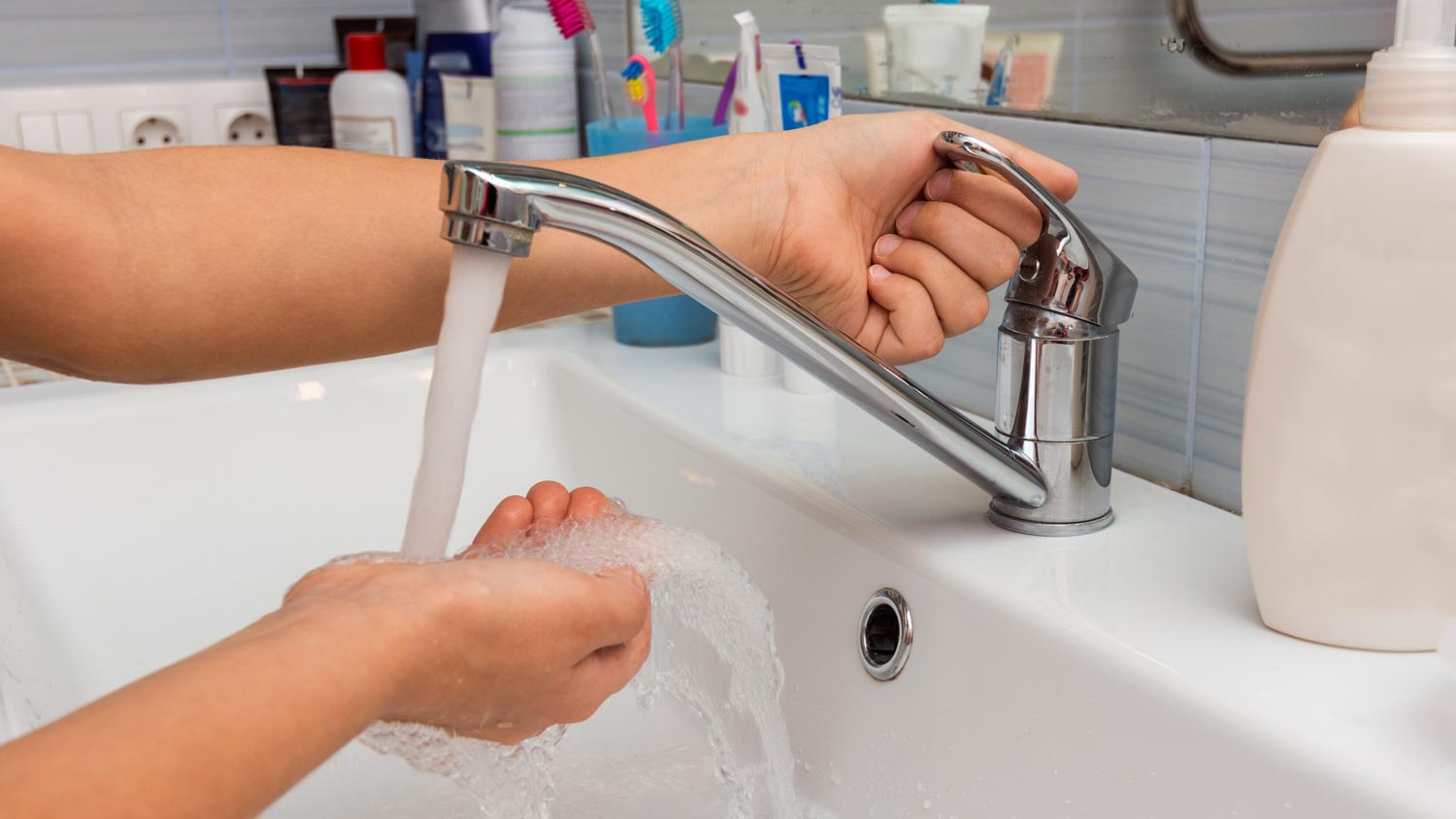
While it’s rarer to have naturally soft water, it’s not completely unheard of, especially in portions of the Northeast, Southeast, and Pacific Northwest. When your home has soft water, you’ll notice different signs, including:
Slippery feeling when you bathe or wash your hands
Plenty of soap suds, foam, or lather
Crystal-clear glassware
Strong water pressure
Soft, manageable hair
A radiant complexion
Appliances that work properly
If you’re still not sure whether you have hard or soft water, you can test your water’s hardness yourself or have it tested by a third-party lab or local water softener company.

The easiest way to test your water yourself is by using the soap test. Fill a small lidded container (you finally have a use for that old Mason jar) with water and a few drops of dish soap and replace the lid. Give the container several strong, hearty shakes. Wait 20 seconds for everything to settle and any air bubbles to dissolve. If you have clear water topped by lots of bubbles and suds, you probably have soft water. If you don’t, you likely have hard water.
You can also buy at-home hard water test kits from a home improvement store or online retailer. These tests are easy to use. All you have to do is dip a test strip in water and compare the color result to a chart. Water test kits cost less than $20 and may test for chemicals, bacteria, and alkalinity, too.
You can also hire a private water testing service or local water softening company to test the hardness of your water. Some companies will test a sample that you send in, while others will send a technician to your home. Expect water testing services to cost up to $400.
It’s also worth checking with your local water authority for the results of their annual water quality testing. The report you request from your water authority should include hardness and may also show the results of testing for regulated and unregulated substances.
If your tests show that you have hard water, installing a water softener can treat the issue. A water softener draws out the calcium and magnesium and sends the softened water throughout your home. A local water softener installation company can help you figure out if you need a water softener and perform the installation for you.
From average costs to expert advice, get all the answers you need to get your job done.

Discover how much well water treatment systems cost, including installation, maintenance, and tips to save. Get expert insights to plan your water system project.
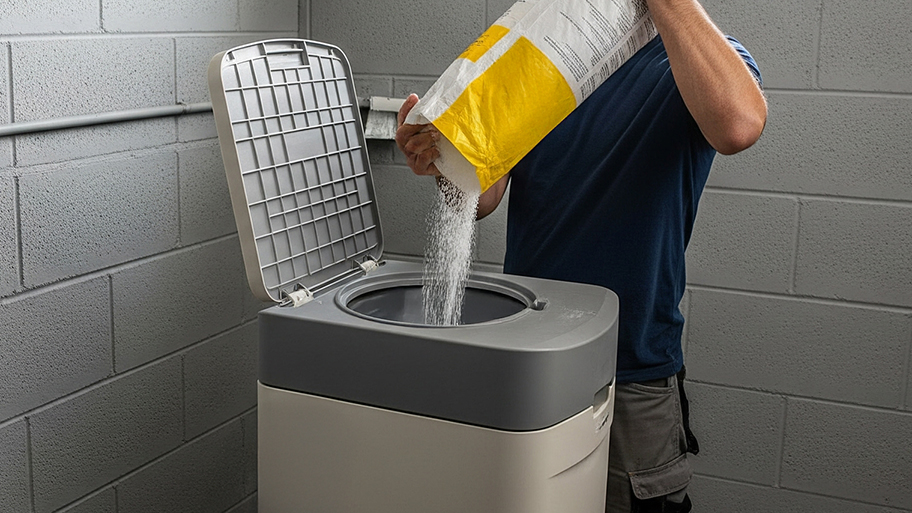
How much a water softener costs depends on your home’s size, and the system’s type and capacity. Our expert guide explores all the price factors.
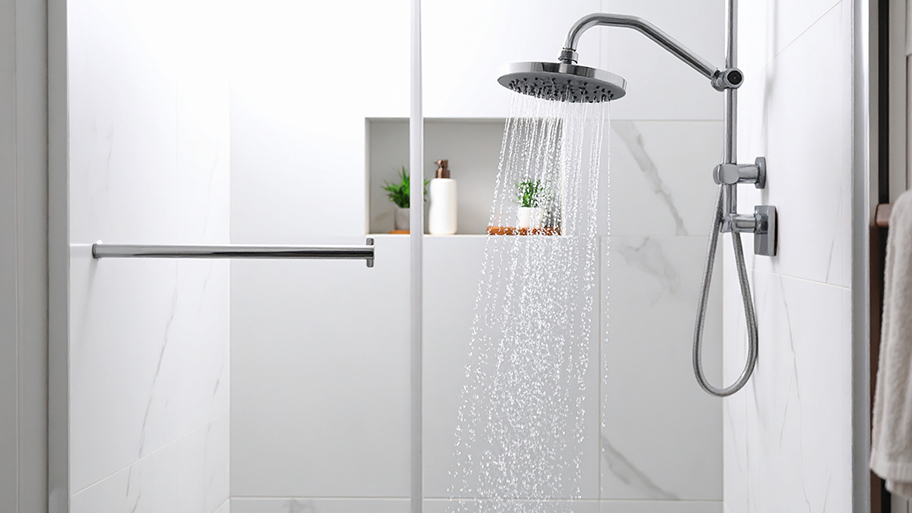
Water softener repair costs can add up, but they’re almost always worthwhile. Use this guide to see what your project is going to cost before you get started.

Learn the features, advantages, and disadvantages of a salt versus salt-free water softener to see which is the better solution for hard water in your home.

Most water softeners regenerate every two or three days. Here’s what you need to know to figure out how often a water softener should regenerate.
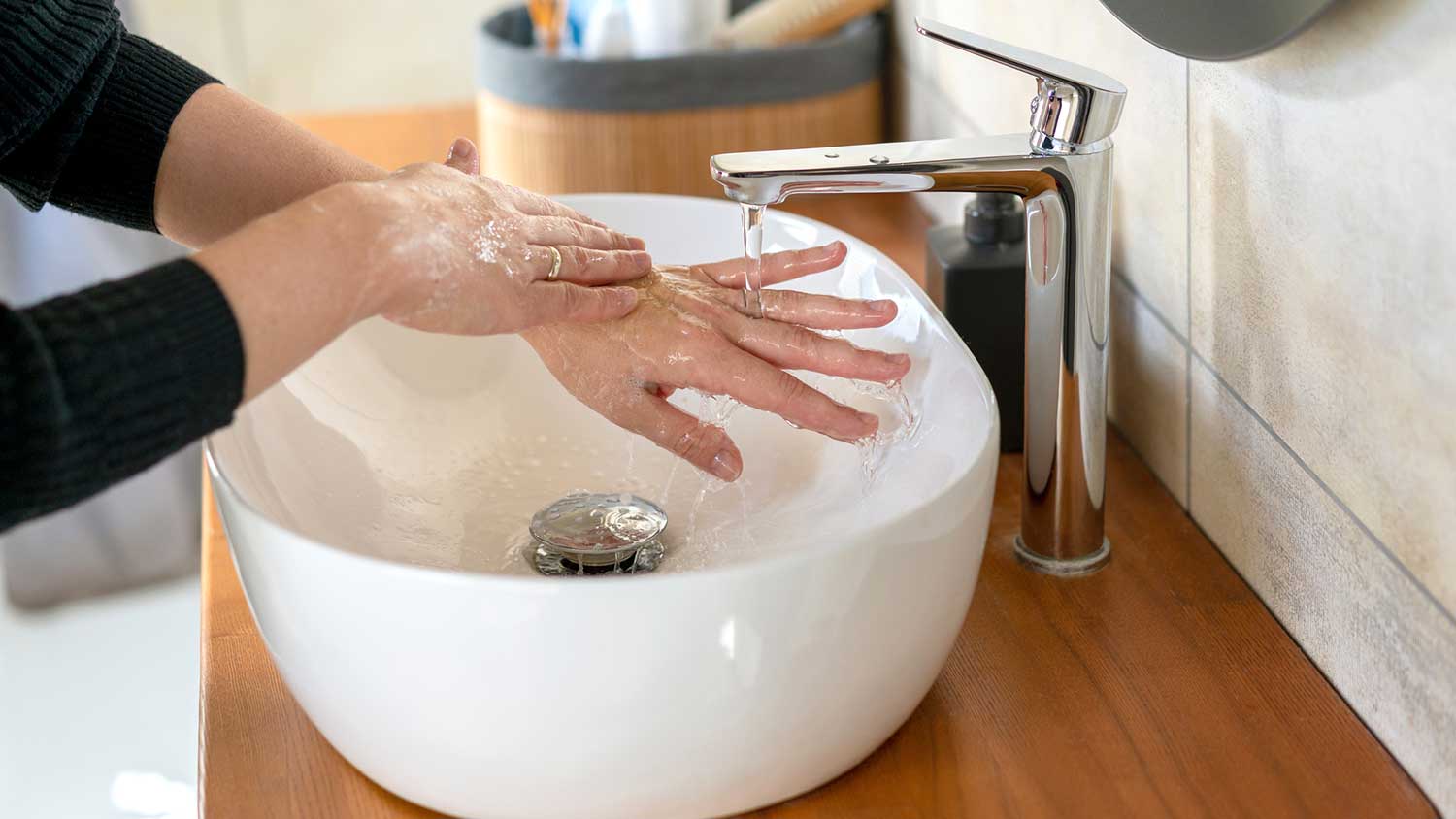
One big cold chill can freeze up a water softener and your plumbing. Learn how to winterize a water softener to avoid costly water damage.